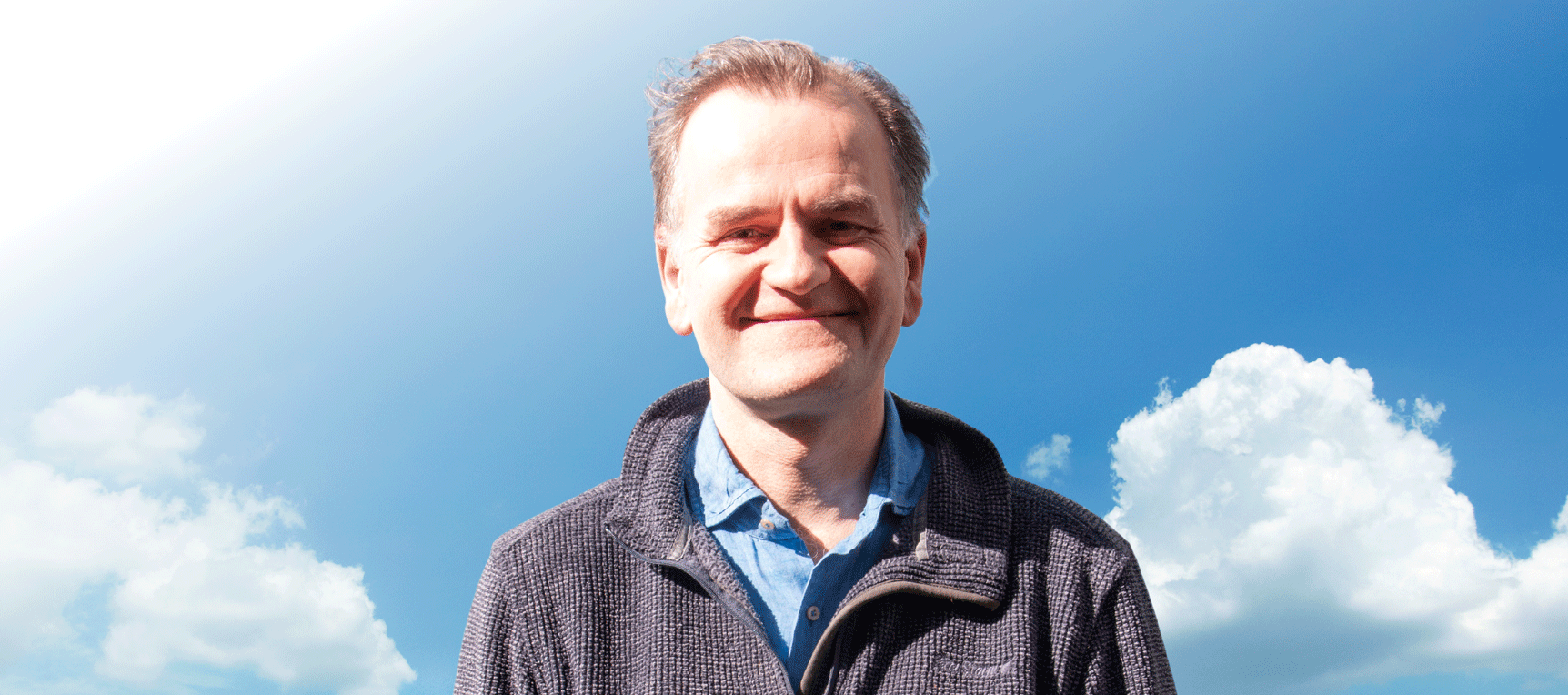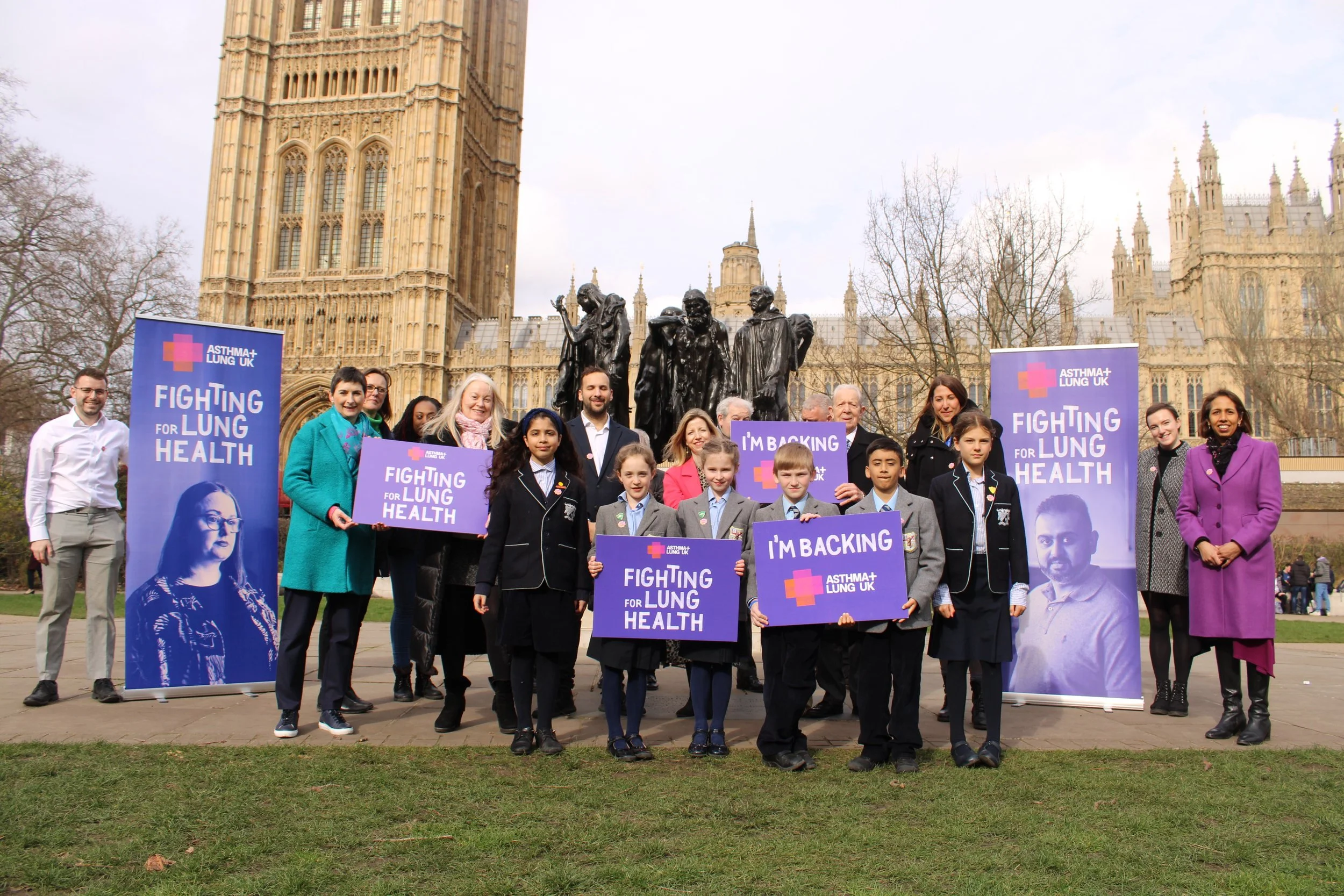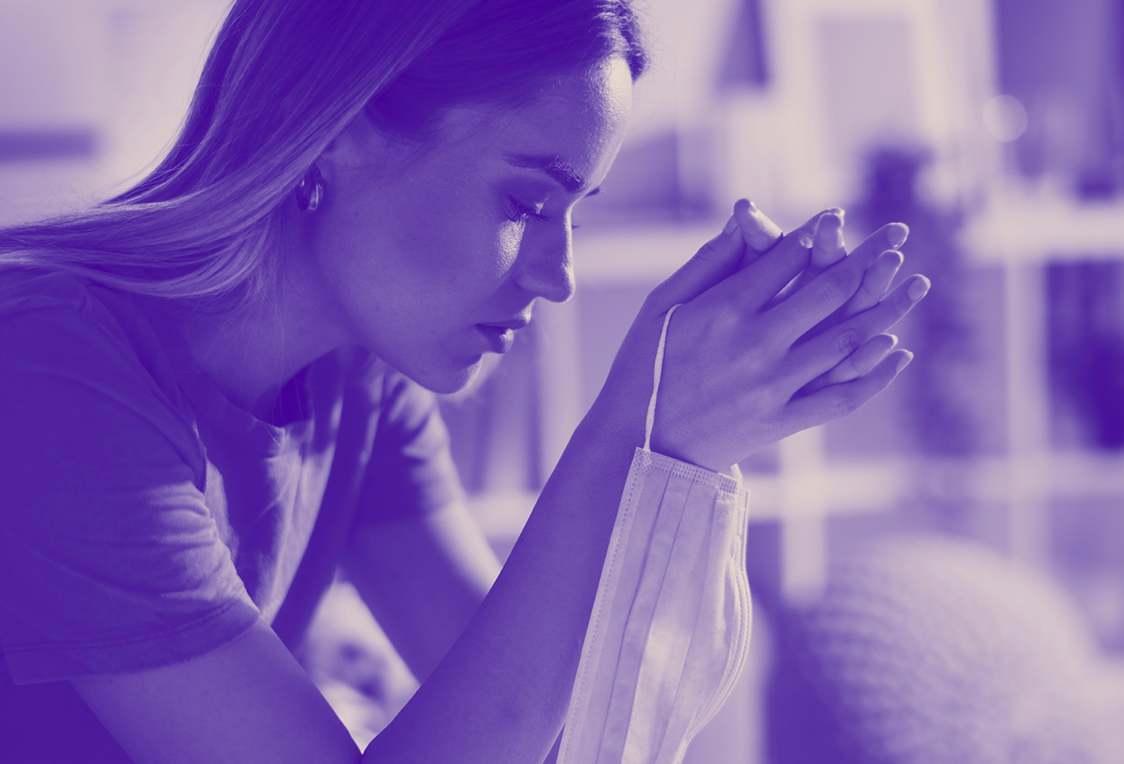COVID-19 vaccine rollout and what to expect from your routine care
With the vaccine rollout gathering pace, you might be wondering what the next few months have in store. In this blog, our medical director Nick explains what to expect when you go for your COVID-19 vaccine and what the next few months are likely to look like for GPs.
Some of you reading this may have had your first dose of the COVID-19 vaccine already, while others may be waiting to get theirs. You might be wondering what happens when you turn up on the day and whether it’ll be like getting your flu vaccine.
The first thing to say is that you’ll be invited for your COVID-19 vaccine by the NHS. No one should be asking you for money for your bank details, so don’t engage with anyone trying to book you in for a vaccine on this basis!
You might get a phone call or text from your local GP surgery, offering you an appointment, or you might get a letter or email, asking you to book an appointment online or over the phone. You could be invited to one of the NHS vaccination centres that have been set up around the UK – lots of town halls, football stadiums and other large buildings around the country have turned themselves into vaccination centres, so you might be familiar with the place you’re invited anyway.
What should I do if I’ve got COVID-19 symptoms on the day?
If you feel like you might have symptoms of COVID-19, it’s important that you don’t go and get your vaccine. Book a COVID test and you, and anyone you live with, should stay at home until you get your test result – only leave your home to have a test.
If you’ve had COVID-19, you should wait until 4 weeks after you’ve had symptoms - or if you didn’t have any symptoms, 4 weeks since your positive test. This is so you have enough time to recover from the acute infection and so your immune system gets the most benefit from the vaccine. For more on this, see our COVID-19 FAQ.
If you’ve got Long COVID symptoms, there’s no reason why you should delay getting your vaccine.
What will happen when I get to my vaccine appointment?
On the day, wear a face covering, if you can wear one. There’ll be signs clearly telling you where to go and wait, and there’ll be hand sanitiser everywhere (although it’s best to also bring your own as well).
You’ll be asked a few questions when you get there, such as whether you’ve been part of any COVID vaccine trials, whether you have a history of severe allergic reactions, and you might also be asked if you’re on any blood thinners, such as warfarin.
It’s common to experience mild side effects after having the coronavirus vaccine. These shouldn’t last longer than a week and you can treat these with paracetamol, if you need to.
It’s not a “live” vaccine so there is no way that you can catch COVID from the vaccination.
Side effects after having the coronavirus vaccine can include:
· a sore arm where the needle went in
· feeling tired
· a headache
· feeling achy.
There’s more advice on what to do if you feel ill after having your vaccine on our coronavirus vaccine FAQ.
Continue to get your usual care
Even though there’s a lot of focus on the vaccine rollout, it’s still vital that people get the care they need for their lung conditions. Many appointments are currently happening by video or over the phone, which I’d encourage you to take up if you’re offered. If it’s not something you’ve done before, you might find it useful to watch our video on making the most of your phone and video appointments.
Having remote consultations has improved many people’s experiences, as they have more time to prepare and can have a cup of tea to hand! Fran, who has been shielding, talks about her experience of remote consultations and digital health tools through the pandemic.
It’s equally important that you feel able to manage your condition. For advice specific to your condition, take a look at our website. There’s information on COPD, bronchiectasis, pulmonary fibrosis and many other conditions.
It’s very important to get help for your lung condition, or any other condition or illness, when you need it. If you’ve noticed that you’ve got new symptoms or you’ve had a change in your symptoms, call your doctor or 111. If it’s an emergency, call 999.
The NHS is open, whatever the restrictions are in your area of the country, so make sure you get the help you need. Hospitals are safe places to be, so you shouldn’t worry if you need to go to one.
What the next few months look like for health care professionals
At the moment, we’re in the first phase of vaccination, where the aim is to prevent as many deaths as possible.
As we move into spring, we’ll see the second phase of vaccination starting. At the moment, the Government has said it will prioritise people by age, though our sister charity, Asthma UK, is campaigning for everyone with asthma to be included in this group. The aim is to begin phase two in the middle of April, which will see people aged 40-49 invited first, followed by people aged 30-39 and then 18-29. The government is aiming to offer every adult their first dose of the vaccine by the end of July, which will help us all ease out of lockdown and back into normality.
To help us get out of lockdown, it’s so important that we all continue following the restrictions where we live and work after we’ve had our vaccine, to help prevent the spread. This includes washing our hands regularly (or using hand sanitiser), wearing a face covering when appropriate, if you can wear one, and social distancing from people not in your household or support bubble.
If we all do this, we’ll put less pressure on the NHS.
We empower people with lung conditions to make changes that can be transformative.
Please donate now to help make sure people with lung conditions can live well this year.








Beki is a PhD student from the West Midlands. She has several health conditions including severe asthma and Ehlers-Danlos syndrome (EDS). EDS is a rare inherited condition that affects connective tissue. Last May, Beki set herself a fundraising challenge to complete 180,000 steps to raise money to mark World Asthma Day and EDS Awareness Month.